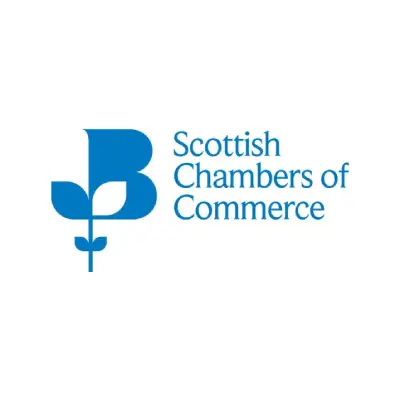
The first UK budget announced by the new Labour Government at Westminster brought worrying news for business, but also some optimistic signs for growth, according to Scotland’s business leaders.
Chancellor Rachel Reeves’ Autumn Budget 2024 delivers the largest real-terms funding boost for Scotland since devolution, with an additional £3.4 billion allocated through the Barnett Formula. The first budget from a Labour chancellor in 15 years attracted headlines around record tax hikes, substantially increased borrowing and generous support for public services, but what did it mean for Scottish business?
Our View
Scottish Chambers of Commerce Chief Executive Dr Liz Cameron said: “While we accept the principle behind these budget changes and acknowledge the tough fiscal challenges the government faced, we were looking for a fairer and more balanced approach.”
“The increase in employer NICs and the reduction in the payment threshold will push costs even higher for our member organisations across Scotland. Combined with the rise in the minimum wage and the new Employment Rights Bill that’s likely to lead to cost cutting, lower pay increases, and fewer jobs at a time when we need more growth and investment.”
“It is disappointing that despite the Prime Minister’s commitment to back Scotch producers, we have yet another increase in alcohol duty. The last government’s hike cost the Treasury more than £300m in lost revenue while this latest rise takes the minimum UK tax burden on a bottle of whisky to over £12 for the first time – and the highest of any G7 country.”
“Clearly lessons are not being learned and we would urge the Chancellor to re-think this decision or provide the whisky industry with additional support to enable future growth and investment.”
”“The increase in employer NICs and the reduction in the payment threshold will push costs even higher for our member organisations across Scotland. Combined with the rise in the minimum wage and the new Employment Rights Bill that’s likely to lead to cost cutting, lower pay increases, and fewer jobs at a time when we need more growth and investment."
Dr Liz CameronScottish Chambers of Commerce Chief Executive
Compensation for Victims of PO Horizon Scandal
The Budget included an additional £1.8bn in compensation payments to victims of the Post Office Horizon IT and £11.8 billion in total for victims of the infected blood scandal, and various measures to tackle fraud and error in the welfare system to address national concerns.
Various tax measures from Labour’s manifesto were also confirmed, including applying VAT to private school fees, increasing the energy profits levy and changing the residence-based regime (set to replace the ‘non-dom’ regime).
Inheritance tax will apply to pension wealth that is transferable at death (unused pension funds and death benefits) from 6 April 2027, and there will be changes to how business property relief (BPR) and agricultural property relief (APR) work for inheritance tax. The latter will have ‘seismic impact’ according to NFU Scotland’s Director of Policy Jonnie Hall – read his thorough appraisal of the good and the bad for farmers here.
More Positives
Where the SCC saw some positivity was in the increase in Employment Allowance from £5,000 to £10,000, saying that that will support Scotland’s micro and small businesses with less than ten employees, and the Chambers praised the £750,000 funding boost for the Scotland Office in 2025/26 to champion ‘Brand Scotland’.
Dr Cameron said: “We urge the UK Government to expand this further and would welcome further engagement on working in partnership with business to promoting ‘Brand Scotland’ across the globe.”
“The Chancellor’s move from short to long-term decision making will enable the retention and attraction of investors to Scotland, while schemes like the Enterprise Investment Scheme are the global gold standard and have put the UK at the forefront as an incubator of innovative start-up.”
“Extending such schemes is vital for the founders and workers generating the growth that is important to the government’s goal of restoring public finances.”
The SCC is also pushing for a ‘long-overdue reform of business rates’, and key support for the hospitality sector, as part of requests for the additional £3.4bn of consequential funding for Scotland – lifting the grant to £47.7bn in 2025-26 – to be used to support economic growth and the business community.
What are your thoughts on the budget and what will it mean for your business? Share your insight by emailing us at the SBCC – hello@borderschamber.com – and help us to inform and influence leaders in Scotland and the UK.








